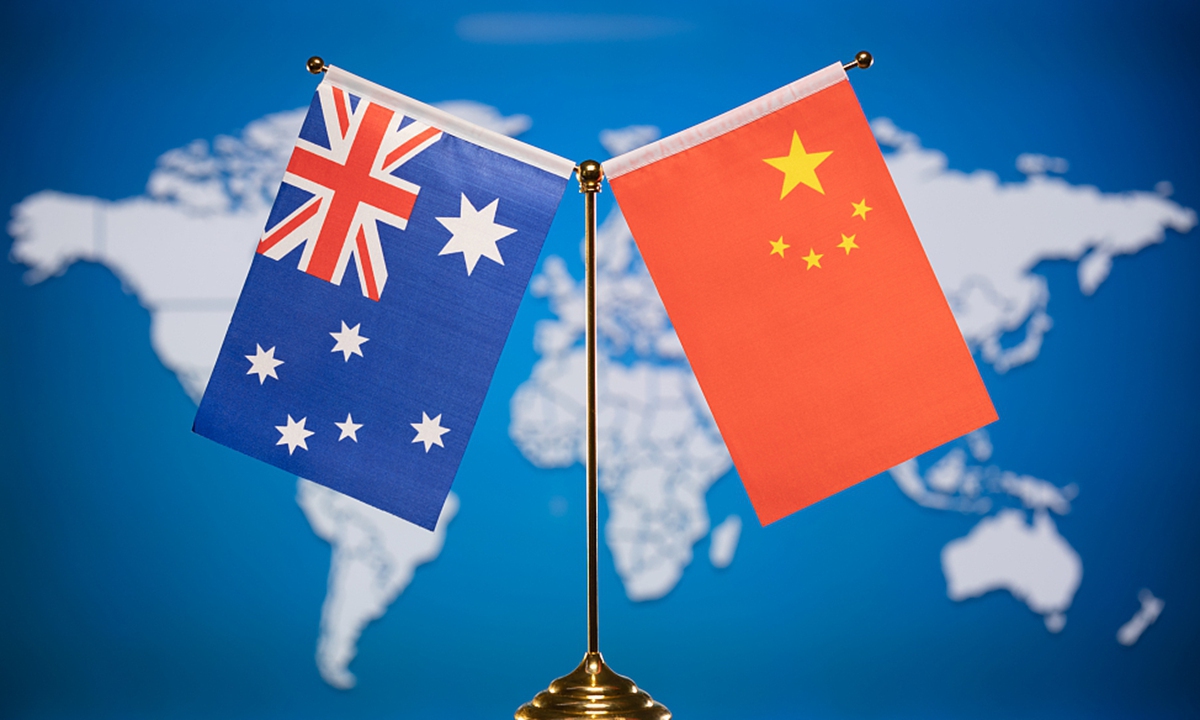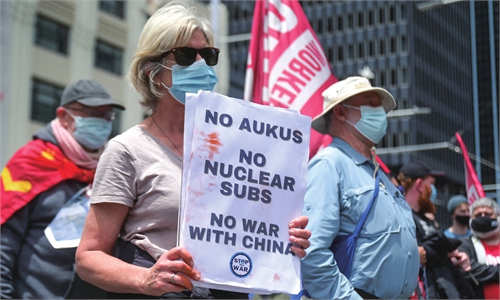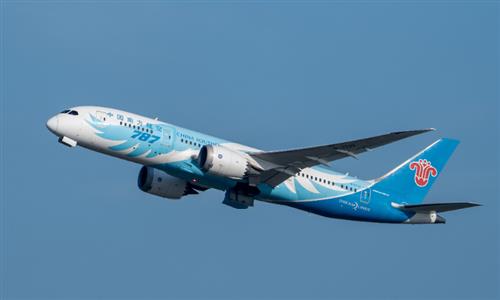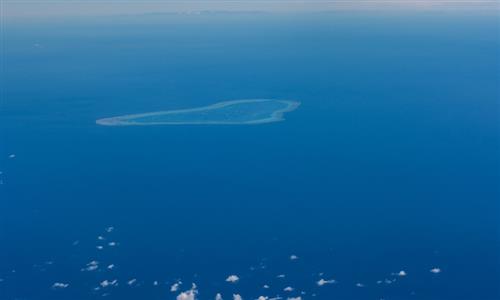Australian delegation to visit Beijing for dialogue for first time in 3 years
High-level dialogue expected to improve ties, exchanges, address misunderstanding

China Australia Photo: VCG
An Australian delegation with representatives from industrial sectors, government agencies, academia and media will visit Beijing for a highly-expected bilateral high-level dialogue with their Chinese counterparts. The dialogue will be held on Thursday, the first time it has been held since early 2020.
With attendees including former ministers from both the Labor and Liberal parties, the delegation reflects Australia's bipartisan efforts and expectations to promote economic and trade relations as well as people-to-people exchanges with China, Chinese observers believe.
Observers stressed the significance of the first high-level dialogue more than three years after the annual event was suspended over heightened bilateral tensions, as the high-level dialogue is expected to address misunderstandings and find common ground.
"This is first time the dialogue has been held since early 2020 and it represents another step towards increasing bilateral engagement and stabilizing our relationship with China," Australian Minister of Foreign Affairs Penny Wong stated, according to her office's media release on Saturday.
The media release announced that the 7th Australia-China High-Level Dialogue will be held in Beijing on September 7, providing a platform for senior representatives from industry, government, academia, media and the arts to exchange perspectives across the breadth of Australia and China's bilateral relationship.
The dialogue is an opportunity for constructive discussion across a range of issues, including trade and investment, people-to-people links and regional and international security, read the media release.
Former Trade Minister Craig Emerson will co-chair the dialogue as the head of the Australian delegation. Also, reflecting bipartisan support for the dialogue, former minister for foreign affairs Julie Bishop will participate as a delegate and session lead.
Li Zhaoxing, China's former minister of foreign affairs and honorary president of the Chinese People's Institute of Foreign Affairs, will co-chair and lead the Chinese delegation, according to the media release.
The background for the Australian delegation's trip is that high-level political and military contacts between China and the US have recently resumed, plus US President Joe Biden is also reportedly scheduled to meet with Chinese leaders, prompting Australia to further adjust its policies toward China, Yu Lei, chief research fellow at the Research Center for Pacific Island Countries of Liaocheng University, told the Global Times on Sunday.
Tensions intensified between the two major trading partners in 2020 when the former Australian Liberal administration adopted a hawkish anti-China stance and called for a so-called investigation into the origins of the COVID pandemic.
Since the Labor administration took office in May 2022 and China in August lifted tariffs on Australian barley exports, bilateral ties have seen an upward momentum.
However, the two countries still have misunderstandings in various fields which could lead to miscalculations in their policymaking. Therefore, this dialogue is expected to find solutions for some contentious issues, said Chen Hong, president of the Chinese Association of Australian Studies and director of the Australian Studies Center at East China Normal University.
As the bedrock and booster of China-Australia relations, warming economic and trade relations will certainly lead to an improvement in China-Australia relations, Chen said.
Yu noted that improving economic and trade ties with China is urgent for Australia as the latter is facing economic challenges and high prices, and it is eager to have access to the Chinese market and goods, Yu said.
Specifically, as China has made significant progress in the fields of new energy and new materials, Australia hopes to cooperate in these areas, Yu said.
Yu pointed out that the other purpose for the visit is to promote people-to-people exchanges. In recent years, the deteriorating relationship has led to a decrease in Chinese people's favorable views of Australia, resulting in a decline in the number of Chinese tourists and international students going to Australia, which has resulted in a negative impact on Australian businesses and universities, Yu said.
However, in the security domain, Australia still hopes to align with the US and maintain the status quo for China regarding the Taiwan question and South China Sea, Yu said.
Echoing this, Chen said that Australia has been an important pawn in the US "Indo-Pacific Strategy," and the Pacific country has largely maintained the similar position as the US especially in terms of China policy. Changes in China-Australia relations will certainly be influenced by the strategic alliance between Australia and the US, Chen noted.
However, he stressed that China must realize that Australia is not willing to become just a tool or even a weapon of the US to maintain the "big brother's" hegemonic position, and it also has to protect its own national interests.
It remains to be seen whether Australian politicians have enough political wisdom and strategic vision to adjust and improve their China policy, Chen said, noting he is cautiously optimistic over the direction of China-Australia ties.



